In the 90s and early 2000s, Microsoft Office was the sole ruler in the business technology industry. Then, Google came along with its Docs and Sheets, making it a worthy alternative for Office 365 and for most companies. Both platforms have since rebranded and elevated their games in terms of apps and usability. However, this only makes it harder to choose between Google Workspace (formerly G Suite) vs Office 365.
Picking the right platform to manage your team and boost productivity will depend on your working preferences. Both Google Workspace (G Suite) and Office 365 offer excellent cloud-based tools and offline apps. However, their functionality may be limited in some cases, so it’s crucial to establish your needs first.
In this article, we’ll compare Google Workspace (G Suite) vs Office 365 to help you decide which is better for your business or personal use. Let’s go!
Features – What you get with Google Workspace (formerly G Suite) vs Office 365
Google Workspace (G Suite) and Office 365 come with similar features, such as:
- Cloud storage and file-sharing options
- A selection of business apps
- Collaboration tools such as chat or audio and video calls
- Business email, which you can set up with your custom domain
Let’s compare them in more detail.
Google Workspace (G Suite)

Google Workspace (G Suite) offers 30 GB to unlimited cloud storage and powerful file sharing capabilities. You can collaborate on documents in real-time, or make your projects available offline if you prefer.
It also comes with all the popular Google apps you might be using already, such as:
- Gmail
- Google Docs, Sheets, and Slides
- Google Calendar
You also gain access to Google Sites, which makes creating team websites easy thanks to its drag-and-drop functionality and intuitive interface.
Google Workspace (G Suite) makes team collaboration effortless with Chat and Google Meet for messaging and video conferencing. You’ll also have robust security options so your business-critical tasks will be safe across all the apps.
Thanks to its cloud-based nature, Google Workspace (G Suite) is perfect for remote teams as it makes online cooperation a breeze. Users can work on files simultaneously, leave comments, and make suggestions. Also, Calendar and Keep make it easy to create shareable tasks and timelines.
Office 365

Office 365 comes with generous 1 TB storage across all plans, although none offers an unlimited option. You also get an extra 50 GB towards a mailbox for each user.
You can easily manage and share your files via OneDrive. However, the web-based Office 365 apps are not as robust as their desktop counterparts. On the other hand, all its offline tools are highly compatible with Windows, making it easy to integrate if your company relies on Windows.
You’ll get access to popular feature-rich apps such as:
- Microsoft Word, Excel, and Powerpoint
- Outlook
- OneNote
- Publisher and Access (PC only)
Office 365 also comes with excellent collaboration tools such as Microsoft Teams, enabling users to transition from chat to video conference seamlessly. You can also share files, edit them in real-time, and leave comments and suggestions.
Last but not least, Office 365 gives you advanced security features. The Business Premium plan comes with sophisticated threat and malware protection, access control, Windows Defender, and more.
Ease of use
Both Google Workspace (G Suite) and Office 365 are familiar to most people, which makes them straightforward to use. Choosing one over the other will come down to your personal preferences and workflow.
For instance, if you’re already used to working with Microsoft, or you prefer to work with desktop tools, then Office 365 might be the better investment to make. Its apps integrate seamlessly with each other, especially if you’re going to rely on Windows. However, their feature-heavy nature might take some getting used to for beginners.
On the other hand, Google Workspace’s (G Suite) interface is highly intuitive and extremely easy to navigate, even for unfamiliar users. There are helpful behind-the-scenes features such as auto-save, which makes the platform beginner-friendly. It’s also designed for cloud-based collaboration, which means it will likely be easier to use if your team members work remotely.
Personalization
Both platforms enable you to create custom-branded email addresses for your business. You’ll need to purchase a domain first (or use your existing one) and connect it via an intuitive setup wizard.
Google Workspace (G Suite) comes with Gmail for Business, which means you’ll use the same familiar Gmail interface (but without any ads). On the other hand, Office 365 for Business features Outlook, which is a well-known desktop client. Both apps also provide access to robust calendar and scheduling options.
Pricing
Google Workspace (G Suite) starts at $6/user/month for the Business Starter plan, which gives you 30 GB storage. More expensive plans come with unlimited storage, or 2 TB per user. The higher plans start at $12/user/month
Microsoft 365 Business Basic costs $5/user/month with a yearly commitment. However, this plan only offers web-based Office apps with limited functionality. It also doesn’t support business email.
To add support for business email and the desktop versions of the Office apps, you can go with the Business Standard plan for $12.50/user/month. Or, there’s also a Premium version for $20/user/month that adds cyberthreat protection and device management.
Google Workspace (G Suite) vs Office 365: Which one is better for your business?
Both Google Workspace (G Suite) and Microsoft 365 are excellent business suites that will boost your team’s productivity. They enable you to work remotely and locally, collaborate with others, and store and manage your files.
However, they may not suit all types of businesses. In particular, large enterprises may be better off with Office 365 due to its advanced security and feature-rich options appropriate for bigger companies. On the other hand, it may not be ideal if your operations are fully remote.
Google Workspace (G Suite) offers a wide range of apps that come packed with robust features to make real-time file collaboration a breeze. In particular, small businesses will find it useful as it’s straightforward to implement and manage user accounts (as well as a bit more affordable).
Your team will probably already be familiar with popular tools such as Gmail and Google Docs, which is a bonus when onboarding new members. Unfortunately, Google Workspace (G Suite) doesn’t have a wide range of desktop apps. Still, this shouldn’t be an obstacle if your employees are location-independent.
Conclusion
Choosing the right collaborative platform can significantly boost your team’s productivity. These days, it’s crucial to have the ability to work remotely, exchange files, and communicate via chat and video conferencing apps. Both Google Workspace (G Suite) and Office 365 give you these options, but there are some key differences.
To recap, Google Workspace (G Suite) is our winner for smaller businesses that predominantly operate online. Its real-time file editing capabilities are unbeatable. The intuitive, clean design will be straightforward for most users. On the other hand, large businesses that are used to working with Microsoft desktop apps will probably be better off with Office 365.
Do you have any questions about Google Workspace (G Suite) vs Office 365? Let us know in the comments section below!


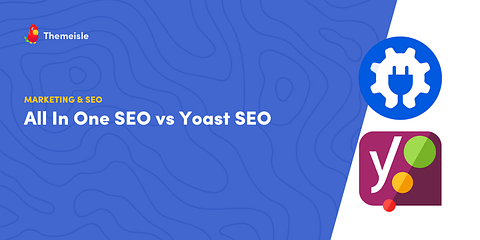


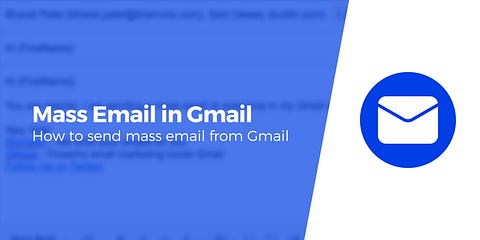
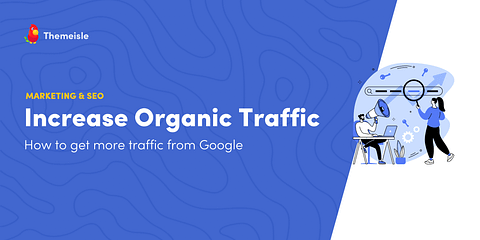
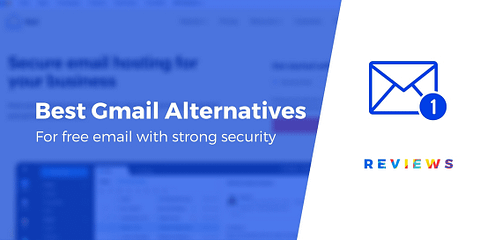
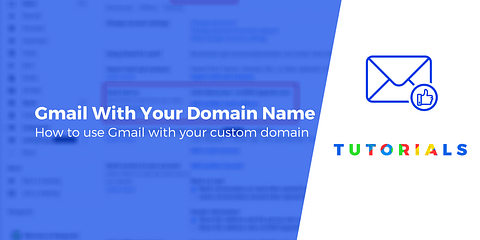

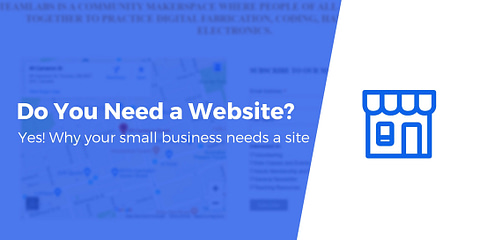

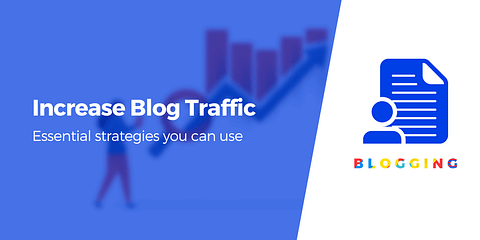






Or start the conversation in our Facebook group for WordPress professionals. Find answers, share tips, and get help from other WordPress experts. Join now (it’s free)!